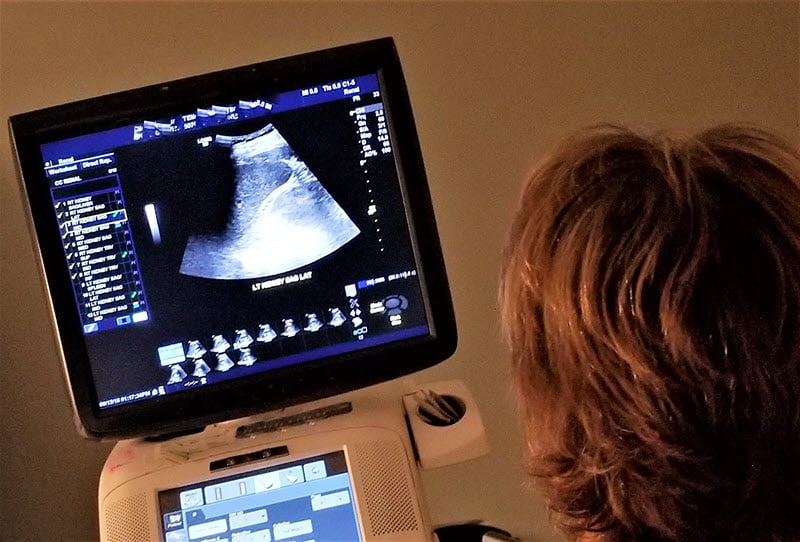Kidney Failure

Kidney failure or end-stage renal disease is the last stage of chronic kidney disease (CKD). The body’s organs depend on each other to function properly, and many other organs won’t work at full capacity when the kidney doesn’t perform well. The kidneys cleanse the toxins from the blood and turn them into urine. A kidney with diminished toxin-eliminating function doesn’t bode well for an individual because toxins wouldn’t be processed and eliminated properly.
Doctors point out a somewhat surprising link between atherosclerosis, kidney failure, and a host of other diseases. According to studies, CKD presents the same symptoms and risk factors such as hypertension, unhealthy lifestyle, high blood sugar, genealogy, and obesity as diabetes and heart disease. When a person has kidney failure, the heart needs to pump blood harder to get to the different organs. If plaque buildup develops in the arteries, the heart will have to work harder because the arteries don’t present a clear path to the organs. Blockages will result in higher blood pressure, and it could trigger different reactions.
Medical practitioners recommend an active lifestyle coupled with a healthy diet as a way to prevent kidney failure and other similar diseases.










